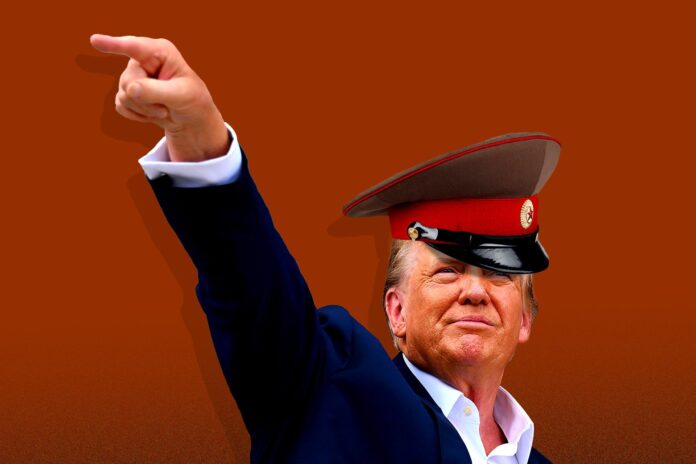Key Falsehoods or Claims:
– President Trump signed an executive order banning government “censorship” on social media platforms, claiming that these platforms unfairly target conservative voices.
– He accused social media companies of engaging in editorial decisions, without evidence to support this claim.
Source:
– The article is from USA TODAY, a neutral outlet that provides news and information without a clear political bias.
Analysis of Falsehoods’ Impact:
– These falsehoods have shaped public opinion by perpetuating the narrative that conservative voices are being suppressed on social media platforms. This has led to a growing distrust of these platforms among conservatives, as well as calls for government intervention to address this perceived issue.
– The article poses a threat to our democracy by fueling the erosion of trust in the media and technology companies, thus undermining the foundation of a free and independent press. Additionally, it sets a dangerous precedent for government intervention in private company policies, which could have far-reaching consequences for freedom of expression and speech.
Hypothetical Public Reactions or Political Outcomes:
– The propagation of the falsehood that social media companies are censoring conservative voices may lead to increased polarization and division among the public, as individuals become more entrenched in their beliefs and distrust of opposing viewpoints.
– This could also impact voter behavior, as individuals may gravitate towards politicians who align with their views on social media censorship, further exacerbating political polarization.
Further Reading Recommendations:
– For further reading on media influence and misinformation studies, reputable sources such as the Pew Research Center and the Harvard Kennedy School’s Shorenstein Center on Media, Politics and Public Policy offer in-depth analysis and studies on the impact of misinformation on public opinion and democracy.
Source link
Redirect URL
